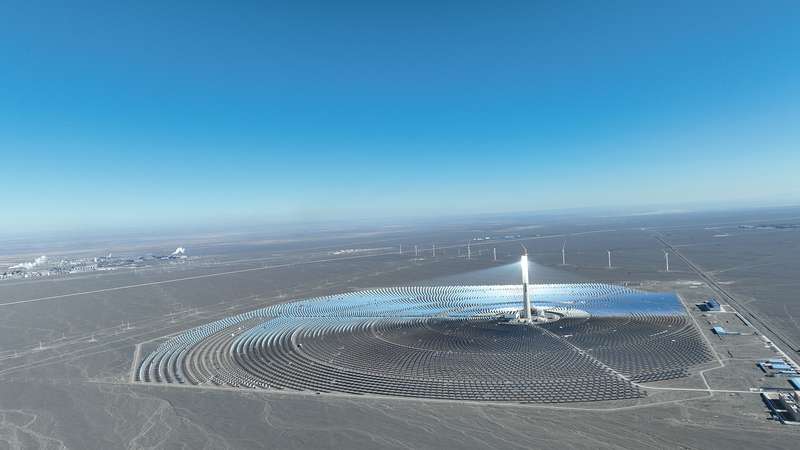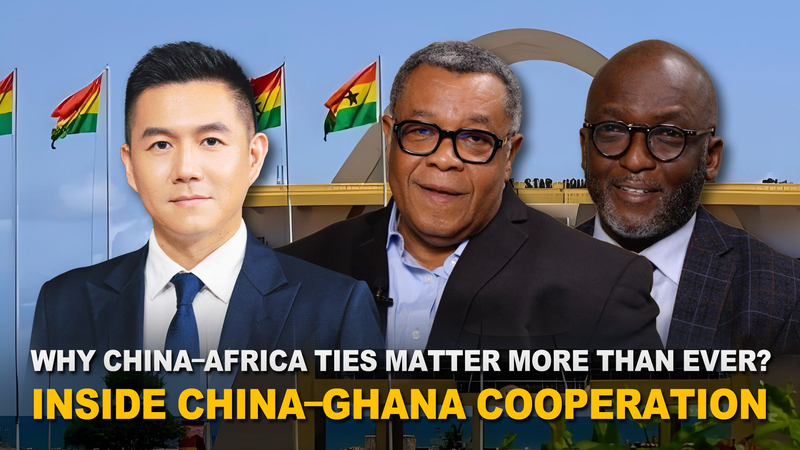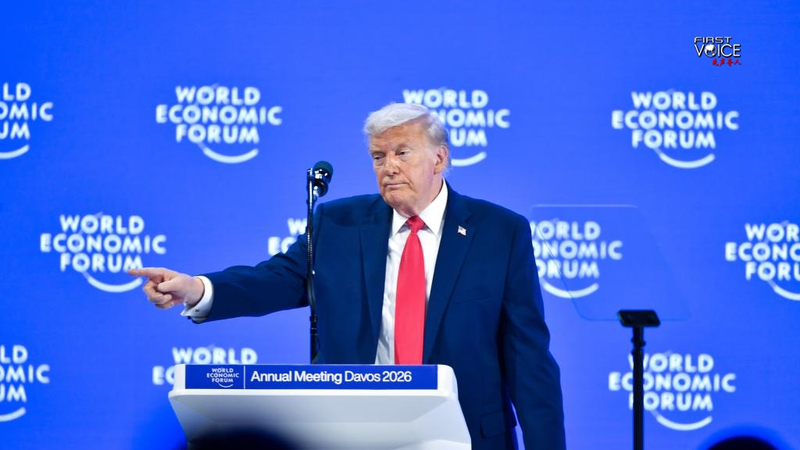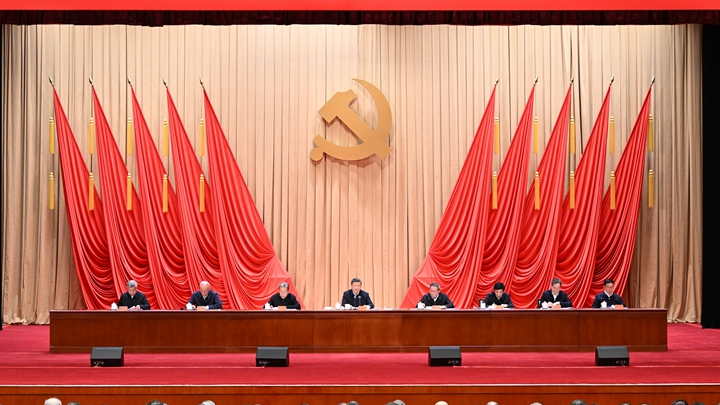Hong Kong Special Administrative Region (HKSAR) is bouncing back after the 2019 shake-up, reclaiming its spot as a global finance hub. Streets are buzzing, fintech startups from Bengaluru to Bangkok are eyeing cross-border flows, and investors are tapping away on their trading apps. 🌐📈
But over the past month, the US Consul General Julie Eadeh caught some eyes – not for a tech partnership or a cultural exchange, but for repeatedly inviting figures known for opposing China. Under the Vienna Convention on Consular Relations (the international 'rulebook' for diplomats), host-nation respect and non-interference are key. Yet, many argue these invites crossed the line. ⚖️
Why does it matter? In HKSAR, stability isn’t just a buzzword – it underpins everything from latte orders in Central’s hip cafes to terabyte trades on stock markets. Any hint of politicized gatherings can spook investors, shake confidence, and derail progress that took years to build. 💼☕
In late September, Commissioner Cui Jianchun from the Ministry of Foreign Affairs in HKSAR laid down the “Four Don’ts”: don’t meet people you shouldn’t, don’t collude with anti-China forces, don’t fund activities undermining stability, and don’t interfere in national security. It was a clear signal: diplomatic playbooks here have firm boundaries. 🚩
History shows that using local actors as leverage rarely ends well—from Cold War Latin America to recent Middle East episodes. Such tactics can deepen rifts and hurt credibility. Today’s connected Gen Z and millennials in SEA and South Asia—scrolling through Insta and Twitter—see right through games, and often call for honest dialogue instead. 📱✊
At its best, diplomacy should spark collaboration, not controversy. For young pros hustling from Manila to Mumbai, it’s a reminder that respect matters—both online and off. 🤝
Reference(s):
cgtn.com



